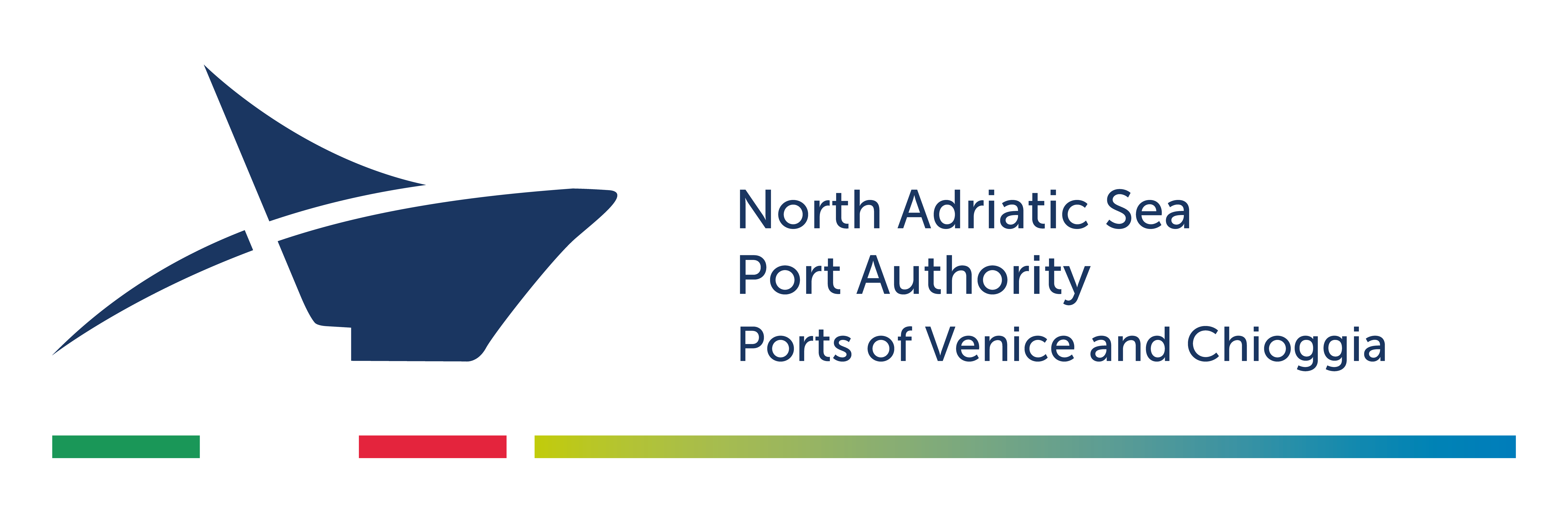
Responsible Institution

Information
Dogs, cats and ferrets
Moving within the European Union with your animals does not present particular difficulties today. Dogs, cats and ferrets must be identified with a microchip and accompanied by an individual passport certifying the completion of a valid anti-rabies vaccination.
Community legislation has progressively eliminated the obstacles to the movement of pets, put in place by those countries historically free from rabies.
The only discriminating condition is for entries into the territory of the United Kingdom, Ireland, Finland and Malta which require pharmacological treatment against the parasite Echinococcus Multilocularis.
The system of health guarantees applicable to those coming from third countries is more complex and certainly more worthy of attention.
Animals owned by EU citizens can return from a stay outside the European Union with only their individual passport. For animals born and raised in a third country, a health certification issued or validated by an official veterinarian of the third country of dispatch is required.
The health guarantees required are similar to those applied for intra-community movements. However, these apply only to the third countries listed in the list attached to Community Regulation 577/2013.
For those coming from countries not included in this list, in addition to the anti-rabies vaccination, an antibody titration carried out at a laboratory accredited by the European Union is also required. If the animals were born and permanently resident in one of these third countries, in addition to the antibody titration, a waiting period of three months is required before shipment, calculated from the date of the blood sample taken for the titration.
Pursuant to the Ministerial Decree of 20 April 2005, the Customs Authority has jurisdiction over documentary and identity checks on animals coming from third countries that transit through ports, airports and national borders.
The PIF Offices provide their technical support in case of doubts or irregularities found during routine control activities.
The specific conditions for movements of pets following the owner are applicable only to owned animals whose movements are not aimed at a transfer of ownership.
Otherwise, the legal provisions for imports or exchanges for commercial purposes apply.
Other species
The introduction into Italy following passengers of diseased species other than dogs, cats and ferrets is permitted under the following conditions:
- they are transported with the owner and their movement is without commercial purposes;
travel in groups of no more than five;
- are transported in containers suitable to ensure the well-being of the animals during movement and sufficient safety;
- are accompanied by a certificate signed by an official veterinarian, or authorized by the competent authority, which states that the animal has been examined in the 48 hours prior to departure, has not shown clinical signs of diseases specific to the species and is able to tolerate the journey to the final destination. The certificate must include: description of the animal, owner details and destination of the animal.
These conditions apply to:
- Invertebrates (excluding bees, bumblebees, crustaceans and molluscs)
- Reptiles
- Amphibians
- Ornamental Fish
- Aviary birds originating and coming from EU countries*
*Currently following the restrictive measures issued by the European Union on the occasion of the Avian Flu emergency, Italy authorizes the movement of aviary birds from third countries only if in batches equal to or less than 5 units and if they are accompanied by the required documentation of Decision 2007/25/EC, and subsequent amendments.
Entry into the national territory is permitted only through the airports of Milan-Malpensa, Rome Fiumicino and Bologna, subject to the issuing of veterinary clearance by the competent PIF.

